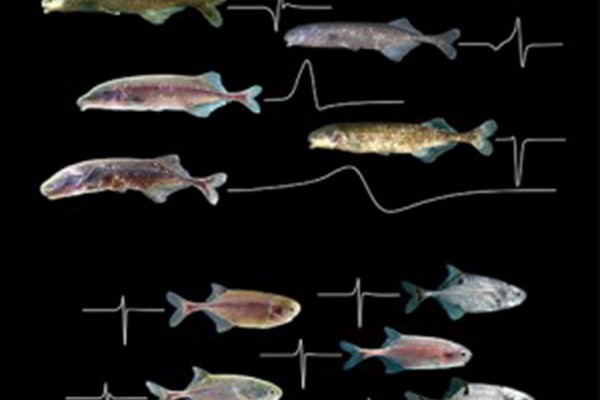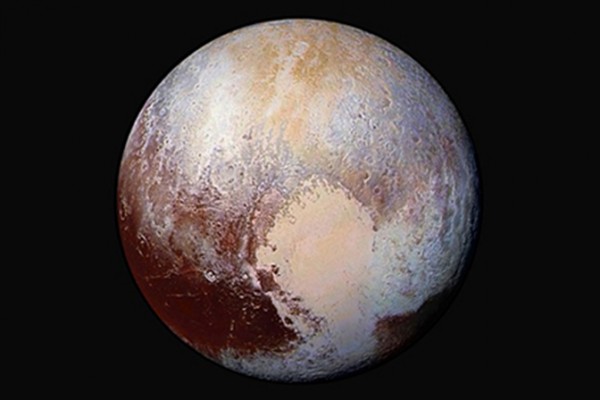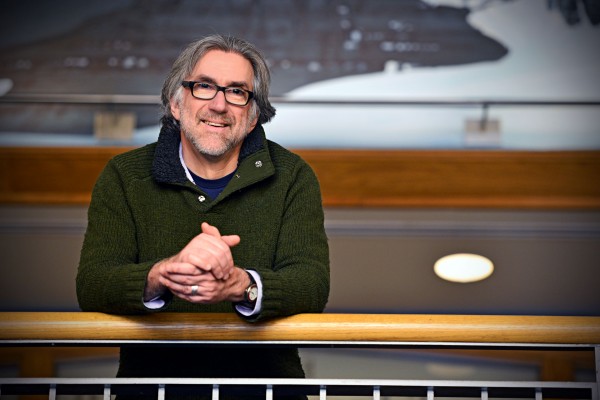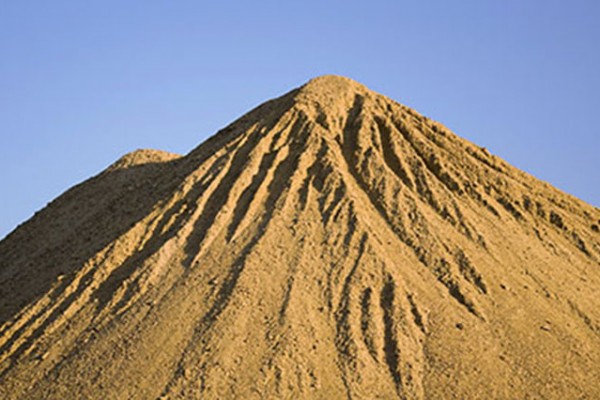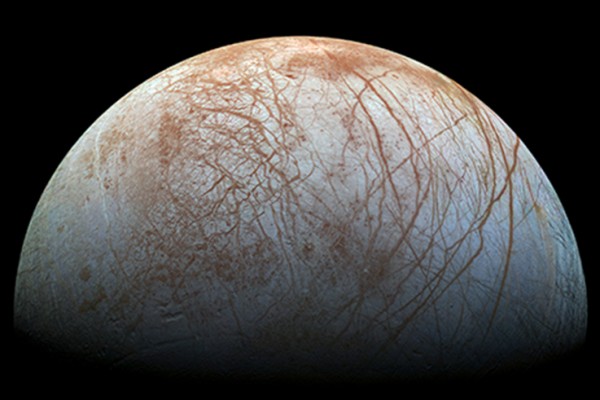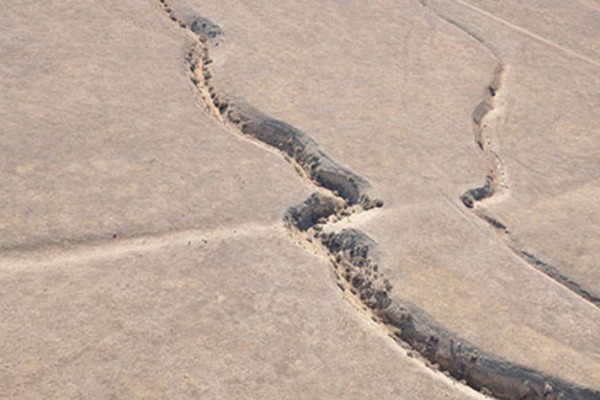Obituary: Ernst K. Zinner, astrophysicist and cosmochemist, 78
Ernst K. Zinner, PhD, research professor emeritus of physics and earth and planetary sciences in Arts & Sciences at Washington University in St. Louis, died Thursday, July 30, of medical complications of mantle cell lymphoma. Among many other accomplishments, in 1987 Zinner identified for the first time material in the laboratory that predated the formation of the solar system 4.6 billion years ago.
Fish that have their own fish finders
African fish called mormyrids communicate by means of electric signals. Fish in one group can glean detailed information from a signal’s waveform, but fish in another group are insensitive to waveform variations. Research at Washington University in St. Louis has uncovered the neurological basis for this difference in perception.
It’s alive, it’s alive!
It was bedlam at mission control when the first images of Pluto came down over the Deep Space Network. Not only were there few craters, but some areas of the planet were smooth as a billiard ball and others rumpled and rippled; some stained the color of dried blood and others gleaming bright white. The variety meant that there was geology on Pluto, alien though the
geological processes might be to earthlings.
Smart cornfields of the future
Scientists attending a workshop at Cold Spring Harbor Laboratory slipped the leash of scientific caution and tried to imagine what they would do if they could redesign plants at will. The ideas they dreamed up may make the difference between full bellies and empty ones in the near future when population may outrun the ability of traditional plant breeding to increase yields.
Rough guide to Pluto-watching with Bill McKinnon
New Horizons will fly through the Pluto system on July 14 at an angle of 46 degrees to the plane of the dwarf planet’s orbit, then turn to use sunlight reflected from Charon, Pluto’s biggest moon, to image areas of Pluto now in continuous darkness. Your host for the WashU Pluto watching party will be Bill McKinnon, a planetary scientist at Washington University in St. Louis, who will be commenting from mission headquarters at the Johns Hopkins University’s Applied Physics Laboratory in Maryland.
Functioning brain follows famous sand pile model
In 1999, Danish scientist Per Bak made the startling proposal that the brain remained stable for much the same reason a sand pile does; many small avalanches hold it at a balance point, where — in the brain’s case — information processing is optimized. Now scientists have shown for the first time that a brain receiving and processing sensory input follows these dynamics.
Europa, here we come
Scientists have been itching to go to Europa for a long time because this moon is thought to have a global ocean beneath an outer shell of ice — an ocean that may be hospitable to life. In May, NASA took the first step, selecting nine instruments to fly on a mission to Europa. Washington University’s William McKinnon, on the science team for two of the instruments, talks about the mission.
Obituary: James ‘Ely’ Shrauner, professor emeritus of physics, 82
James “Ely” Shrauner, PhD, a theoretical particle physicist and professor emeritus at Washington University in St. Louis, died from complications of Parkinson’s disease Monday,
June 1, 2015, in Chesterfield, Mo. He was
82.
Do cheaters have an evolutionary advantage?
What is it with cheating? Cheaters seem to have an immediate advantage over cooperators, but do they have an evolutionary advantage? A study published in Current Biology suggests the benefits of cheating change with its prevalence,in a population. Cheaters may succeed, for example, only when they are rare, and fail when they become so numerous they push out cooperators.
WashU seismologist who loves disaster movies reviews ‘San Andreas’
A Washington University earthquake seismologist who is teaching a course on natural disasters in movies reviews the newly released film “San Andreas.” The short version: they clearly didn’t have a seismologist consulting on this film. The take home message: Go see it anyway. It’s summer.
View More Stories

